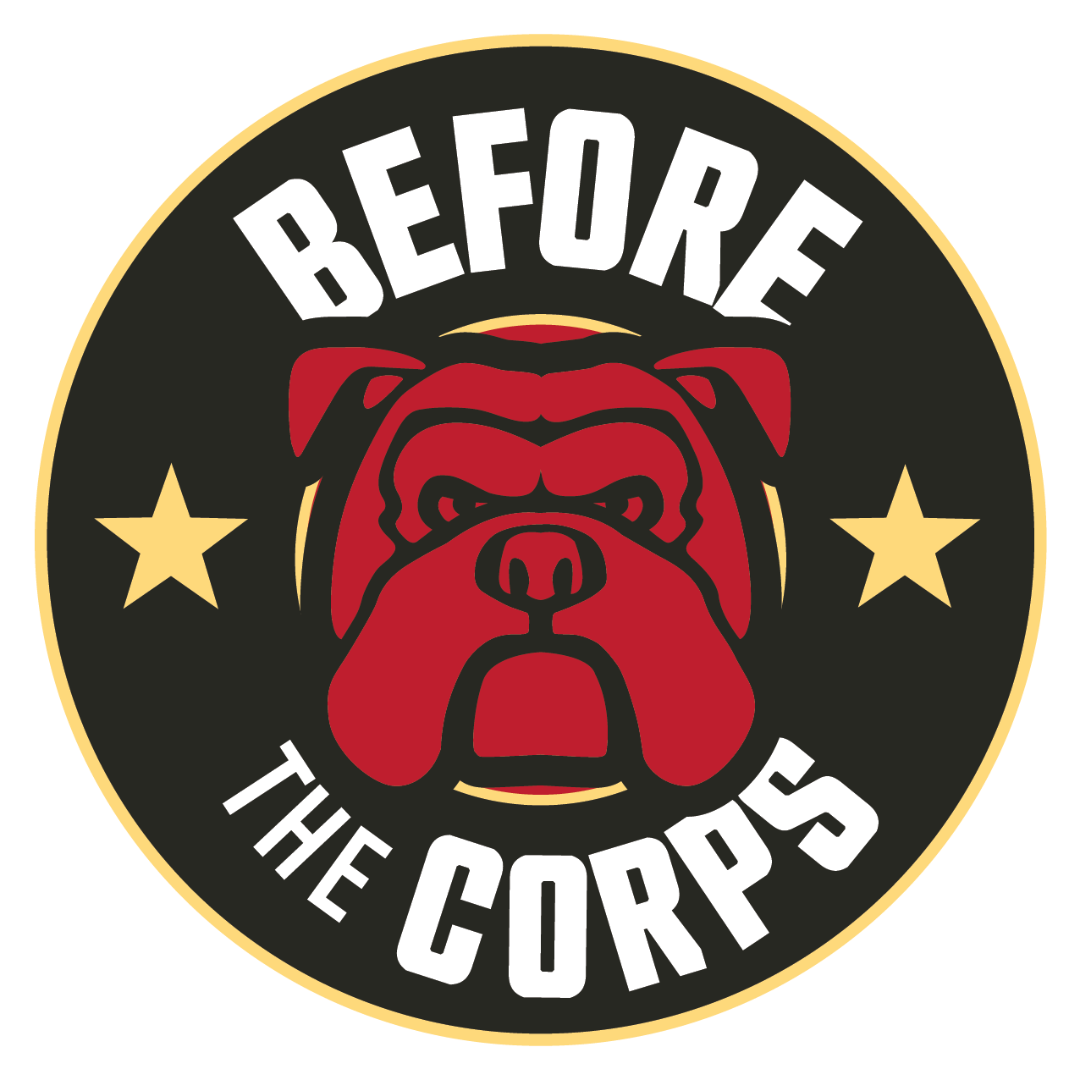Enlisting - One Giant Leap
- Tobias Johnson

- Sep 13, 2020
- 2 min read
Updated: Jan 17, 2022
The decision to enlist in the Marine Corps is one of many key moments to earning the title of Marine. The path to do so can be full of confusion and uncertainty, but with enough research, you can embark on this journey equipped with all the knowledge you may need.

The first key step to becoming a United States Marine is talking to your local recruiter. Marine recruiters are often located inside malls, in shopping centers, or at Armed Forces Recruiting Centers throughout the nation. These locations are commonly known as a Recruiting Substation, or RSS. Every RSS is manned by Marines who have experience in the operating forces and they are versed in the process to enlisting in the Corps. Your recruiter will speak to you about your interests in enlisting, provide you with reading material about the Corps, and discuss the qualifications to enlisting.
There are two general paths to enlisting in the Marine Corps: Active Duty or Reserves. As an active duty Marine you will serve full time as a Marine. Both active duty and reserve Marines will attend recruit training, the School of Infantry, and their specialty schools altogether, but following entry-level training, their paths diverge. As an active duty Marine, you will be assigned to a Marine Corps installation where you will train daily in your job and be on the ready to win the nation's battles. As a reservist, you will complete your training, then return home and be assigned to a local reserve unit. With a reserve unit, you will train one weekend each month and a single two-week annual training period each year. You are required to be at the ready at a moments notice to be called up to fight as needed.

Next, you will need to take the ASVAB, or Armed Services Vocational Aptitude Battery. The ASVAB is a multiple choice test that determines an applicant's eligibility to enlist and their potential for serving in specific Military Occupational Specialties, or MOSs. The minimum score to qualify for the Marines is a 32, but you'll want to do better to have more MOS options available. Using the results from this test, recruiter's will provide you a list of MOS options which they qualify for. Specialties such as Infantry, Engineering, Intelligence, Logistics and many more are typically among the choices available. You may then pick from these options which job they would like to do as a Marine.
Prospective Marines will then undergo a physical examination at their local MEPS, or Military Entrance Processing Station. During the exam, doctors review applicant's medical history, then evaluate applicant height, weight, hearing, vision, range of motion, and other medical/dental factors. Before departing MEPS, you will complete final enlistment paperwork and swear in to the service by reciting the oath of enlistment. At this point, many applicants will return to the RSS which they began their enlistment process as a Poolee with the Delayed Entry Program, or DEP. Other applicants may ship immediately to Parris Island or San Diego to begin Recruit Training.







Comments